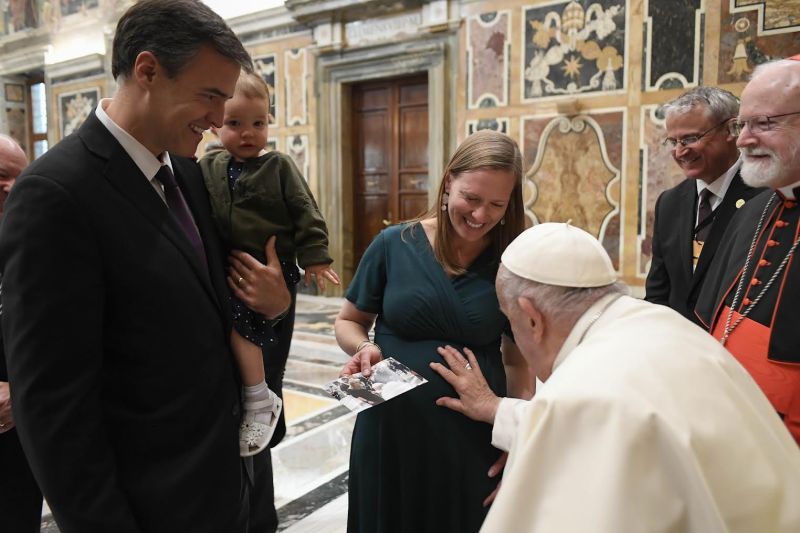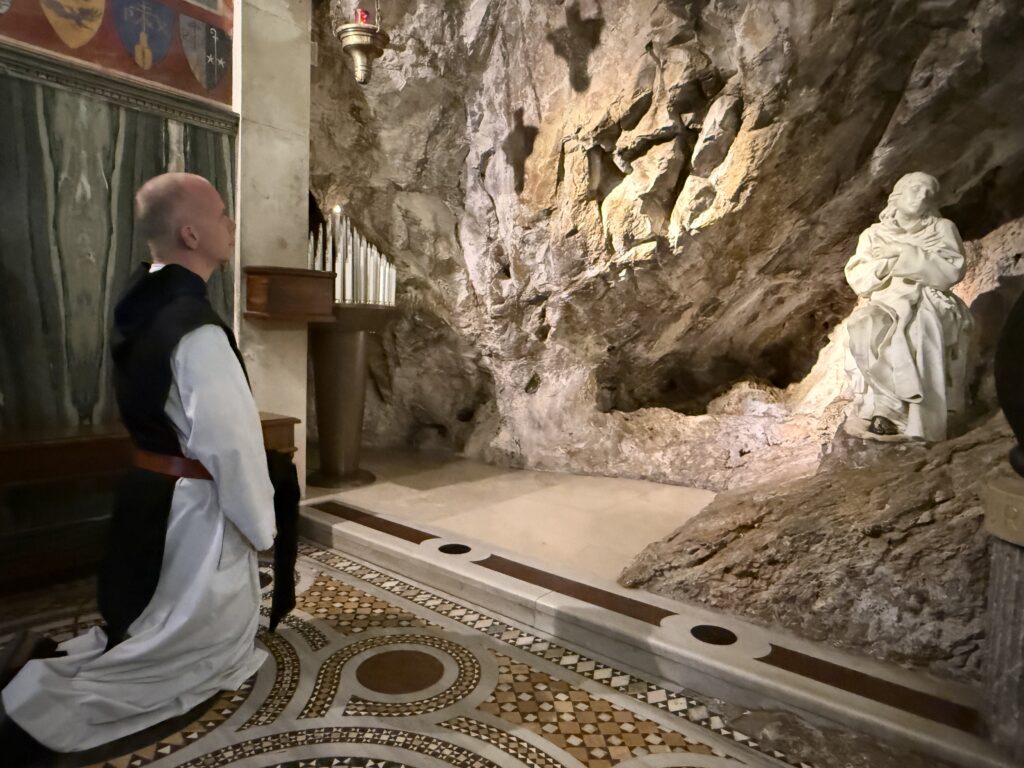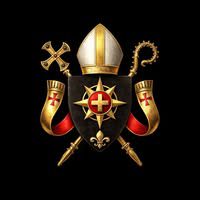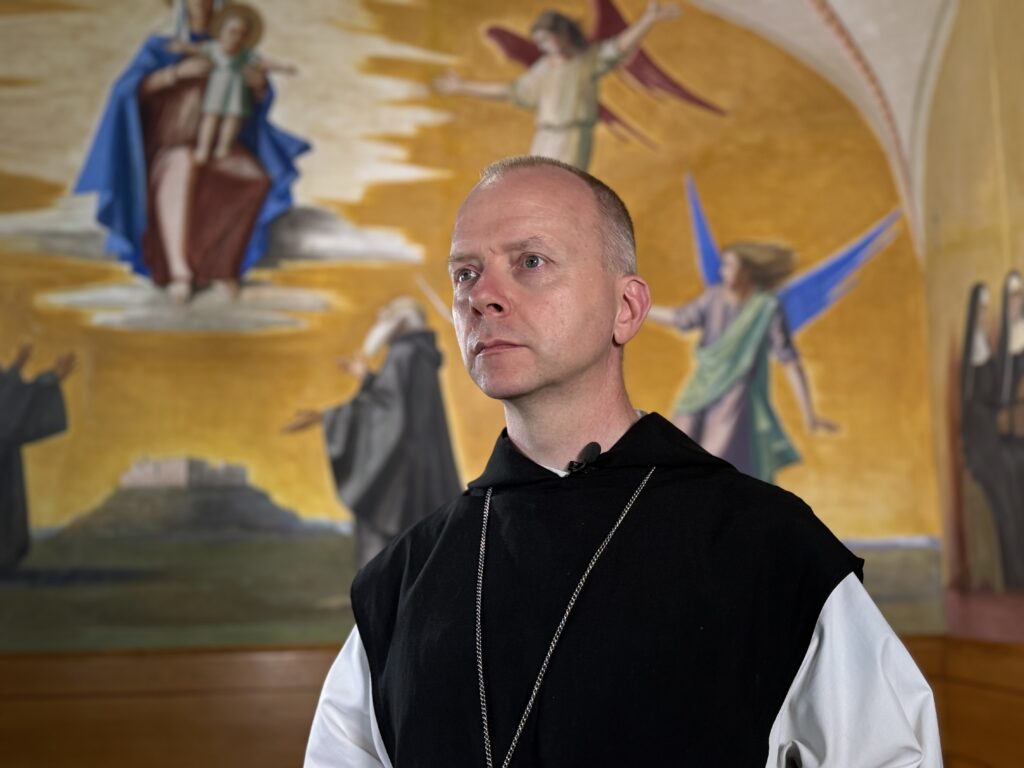CNA Staff, Apr 12, 2024 / 12:45 pm (CNA).
The Papal Foundation, a U.S.-based organization that provides funding for Catholic projects around the world, announced on Friday the distribution of nearly $15 million in grants, scholarships, and charitable aid “to care for those in need and grow the Catholic faith around the world.”
The group said in a press release that it would be distributing nearly $10 million in 2024 alone to more than 100 projects and recipients in several dozen countries. Among the beneficiaries include efforts at “providing for basic needs such as access to clean water,” “constructing schools and renovating classrooms,” and “translating Church teachings for evangelization.”
The money will also go toward “restoring Churches, convents, and seminaries in desperate need of repairs,” “providing students in remote areas with transportation to further their education,” and “building health care facilities.”
The foundation was founded 35 years ago in response to a wish from Pope John Paul II. Stewards with the organization donate their personal money to support projects specifically identified and requested by the pope, who is made aware of needs through his nuncios, or ambassadors, around the world.
Pope Francis meets with members of the Papal Foundation on Friday, April 12, 2024, at the Vatican. Credit: Vatican Media
The Papal Foundation describes itself as “the only charitable organization in the United States that is exclusively dedicated to fulfilling the requests of the Holy Father for the needs of the Catholic Church.” On Friday the organization said it would also be providing more than $800,000 via its St. John Paul II scholarship program, which “will enable more than 100 priests, women religious, and seminarians to study in Rome.”
The Holy Father met with the Papal Foundation on Friday during the group’s annual pilgrimage to Rome this week. The organization was scheduled to be in Rome from April 9–13.
During the audience at the Vatican’s Clementine Hall, Pope Francis told the group’s members that their work “enhances the integral development of so many, including the poor, refugees, immigrants, and nowadays the increasingly large numbers of those affected by war and violence.”
“Through these various worthy initiatives,” the pope said, “you continue to help the successors of Peter to build up many local Churches and care for large numbers of the less fortunate, thus fulfilling the mandates entrusted to the apostle by Our Lord.”
David Savage, the group’s executive director, on Friday described it as a “a blessing to support this mission of cooperation and collaboration, bringing together laity, clergy, and Church hierarchy to address priorities identified by the Holy Father and care for his flock around the globe.”
Cardinal Sean O’Malley, the chairman of the Papal Foundation’s board of trustees, on Friday quoted the Gospel of Luke, saying: “To whom much is given, much shall be required.”
“In a society where the divide between rich and poor continues to grow, stewards of St. Peter of the Papal Foundation recognize their responsibility to put the needs of the poor and vulnerable first,” the prelate said.




